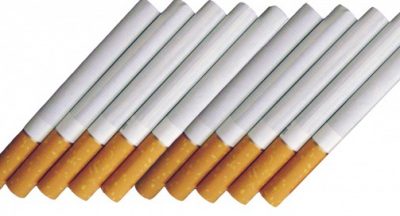Online Searches Often Lead Customers to Counterfeit Goods.
Counterfeit items have been a problem for some of the internet’s biggest retailers for a while now. During their analysis, researchers said, they learned about the proliferation of counterfeit goods simply by conducting searches.
According to the survey, 60% of Google’s first-page results for a brand name antibiotic called Bactrim led to websites that researchers believe were “very likely to be operating unlawfully.” While the biggest concern about counterfeit drugs (and the websites selling them) are potential health issues that could result from taking counterfeit medication, researchers also discovered that these sites could be hacked, leading to potentially dangerous consequences for a person’s private data.
The problems didn’t stop there, either. Researchers found that when they searched for a “Comotomo teether,” nearly one-third of all results featured “potentially harmful products.” Consumers searching for new “white goods,” or common appliances like refrigerators and washing machines, were regularly sent to a website selling counterfeit products.
While the issue has become widespread on some of the world’s top search engines, researchers said there’s currently very little legal recourse.
Through the study, researchers questioned how such situations could exist on major search engines like Google, which facilitates roughly 3.5 billion searches every day.
https://www.businessnewsdaily.com/15311-online-searches-counterfeit-goods.html
Related Posts
Excise Department seizes over 1 lakh liters of illicit liquor in Himachal
Shimla, Apr 24 (PTI) Acting on a tip-off and intelligence reports, the Himachal...
Fake currency notes of Rs 1.85 lakh face value seized, 1 held
Navi Mumbai police have arrested one person and seized from him fake currency...
Bulgaria set to increase cigarette excise duties in 2016
Bulgaria’s Cabinet approved the timeline for increasing excise duties on...
Rs17-crore imported cigarettes seized in Navi Mumbai, 2 held.
The Directorate of Revenue Intelligence (DRI) seized smuggled, foreign-origin...





